Let’s start by clarifying ‘fur baby’. It’s nothing to do with furbys, and definitely not furries.
My sister doesn’t have children but does have a dog – Bella – that gets almost the same treatment. We say the dog is her fur baby. And we were saying, by extension, that I’m Bella’s fur-uncle until I later learned that ‘furuncle’ is an American term for a pus-filled skin lump caused by an infected hair follicle.
So in contrast to having a fur baby, most of my friends have zero dogs but multiple children. Here are six things I’ve noticed that raising a fur baby shares with rearing little humans.
1. You don’t know the name of local (fur) parents, but you do know the name of their dog/kid.
I only know the name of two of my neighbours, but I could name at least half a dozen of the local dogs. Boston the Boxer, Thor the Staffy, Rocky the little white one.
Thor isn’t Jane’s dog – Jane is Thor’s owner. The link to the owner is via the dog, not the other way around. It’s like the language changes subtly, and without any conscious direction, to reflect that your connection to the fellow human is actually secondary to your relationship with the dog.
This seems to be the way it goes with children too. Maybe not at first – at playgroups and other early activities, parents connect directly to other parents. The change appears to set in as the kids reach school age. In earlier years your connections were directly to other adults, and then on to their children. For example, you knew Doug and his kids Jack and Jill. But now, the child becomes the reference point: ‘that’s Jack’s mum Samantha.’
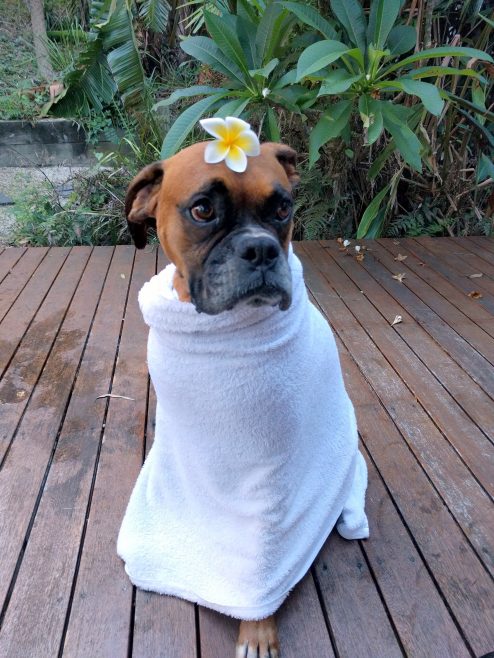
2. Poo isn’t great, but you get used to it.
Changing nappies / diapers always struck me as one of the most dreadful parts of child care. It still does. It’s disgusting, inconvenient, and shockingly frequent. In the timeline of child development, effective self-management of bodily waste is oddly delayed.
And yet, once you get used to it, cleaning up after a dog or (apparently) a child really isn’t too bad. Sure, presumably very few of us enjoys handling faeces. But not only do we quickly adapt, it even becomes normalised as a conversation topic between carers.
Which leads to the next point…
3. Love makes you fuss over them
Things that should be a chore become less so. Taking a dog or child on an outing might feel like an effort beforehand, but you know it’s worth it just to see their enjoyment. And it’s not uncommon to take better care of them than you are of yourself.
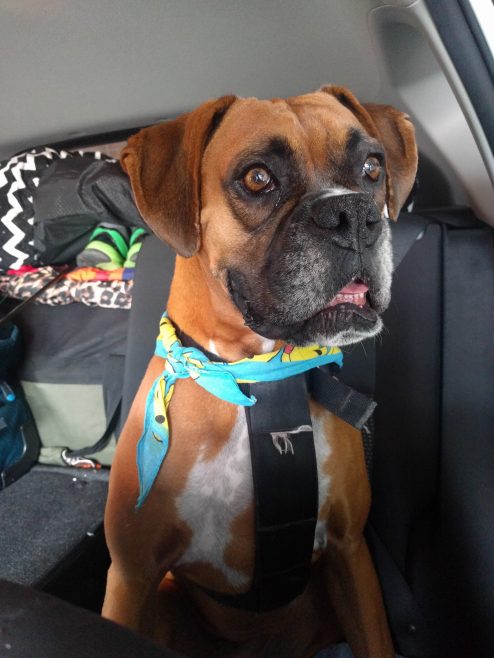
I often spend time staying in the home of friends who live elsewhere. They cook me food, change my bedding, and repeat instructions on safe use of the household appliances. In short, I get fussed over like I’m their child. So the idea that fuss can be an expression of affection is, for me, a particularly pleasing one.
4. Playing Dead
Whether you’re raising a dog or a human, sometimes the appropriate parenting technique is to lie completely still and pretend you’re asleep.
Yes, you’ve successfully made your way through life for year after year. You’ve engaged with and overcome all sorts of challenges. You’re a largely functional grown-up. It’s your own home. And yet here you are, faking sleep.
You can hear them coming. They want attention, and right now you don’t want to give it. Like the nervous crew of a hunted submarine, you switch to silent mode. Maybe, just maybe, they’ll lose interest and go somewhere else. Or like a Tyrannosaurus in Jurassic Park, perhaps they can’t see you if you don’t move.
In the same vein, sometimes they’re happily self-absorbed, and you don’t want to break that magic spell. Sure, I really want to get a snack, but what if they hear me? Will that set off a whole chain of activities with myself as an unwilling participant? Is it really worth the risk?
So you stay put, unenthusiastically browsing your phone while you grow increasingly hungry, silently cursing your short-sighted choice to sit on the squeaky chair.
5. They become the social focus
Dog or child, they play a useful role in adult socialising. They’re what you can rest your eyes on while listening to the conversation, without drawing the flak that comes with looking at a screen. We can talk about their day when there’s nothing much to say about our own. Gaps in the conversation are plugged by superfluous interactions with them. They’re a ready-made conversation piece when catching up with friends and family.
Even if they’re quiet and out of sight, a home feels fuller, more complete, just from their presence. And it seems strangely empty when they’re absent.
Also, their birthday is way more fun now than your own.

6. They have it so very, very sweet
Finally, life as a kid or dog is pretty incredible. Whether your child has two legs or four, they get toys, comfortable shelter, entertainment almost on demand, medical care, a committed social network, free meals…the list goes on.
And let’s be honest, they aren’t grateful. They might not even be aware of the concept of gratitude. 99% of the time it’s just what they expect. How many times have you been thanked for washing the sheets or keeping the electricity connected? It doesn’t matter which species you parent, I bet the answer is the same.
So it would be understandable if parents felt taken advantage of. Or perhaps even a little bitter or jealous. It’s not likely we’ve been letting anyone else in our lives get away with taking so much for themselves.
And yet if you’re anything like me then despite all this, despite the hopelessly lopsided balance of what each party puts into the relationship, it still somehow feels like we’re the ones getting a great deal.
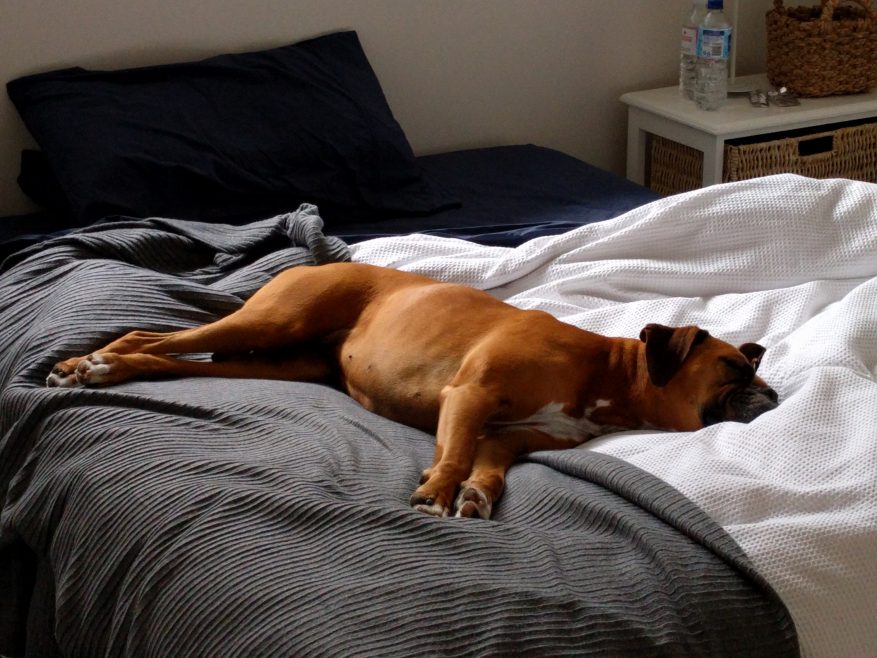
Did I miss anything? Feel free to share your thoughts in the comments section below.
Did you like this article?Do you like this site?
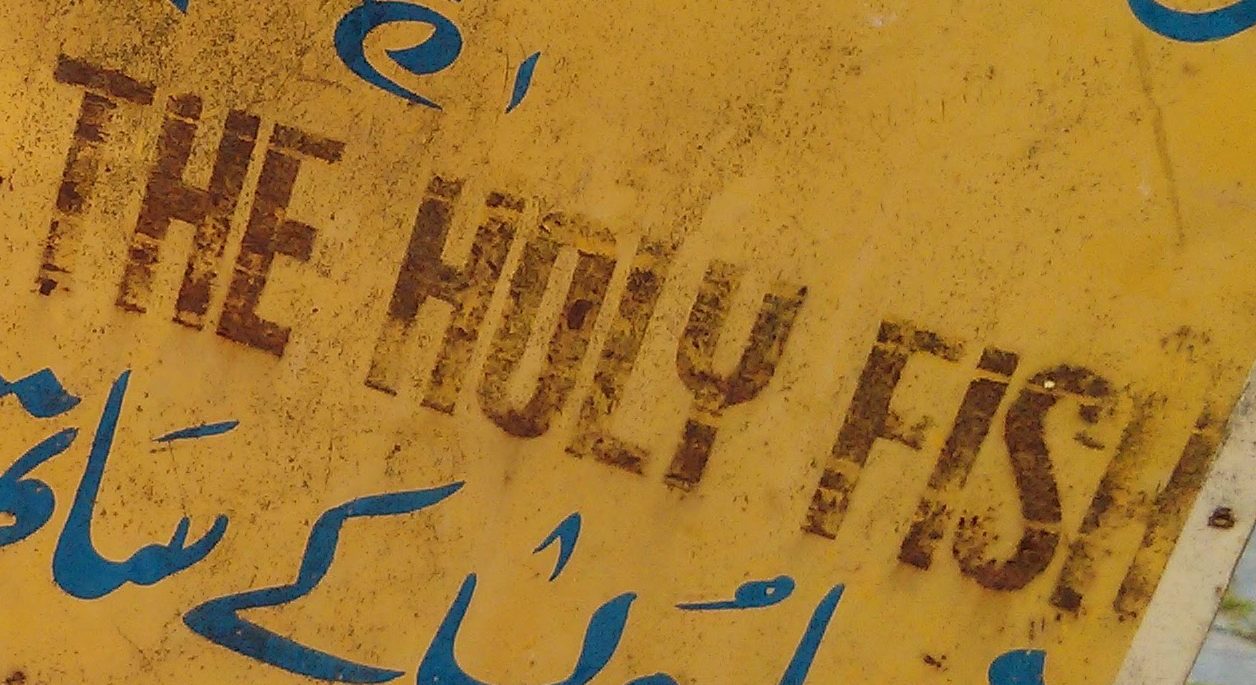
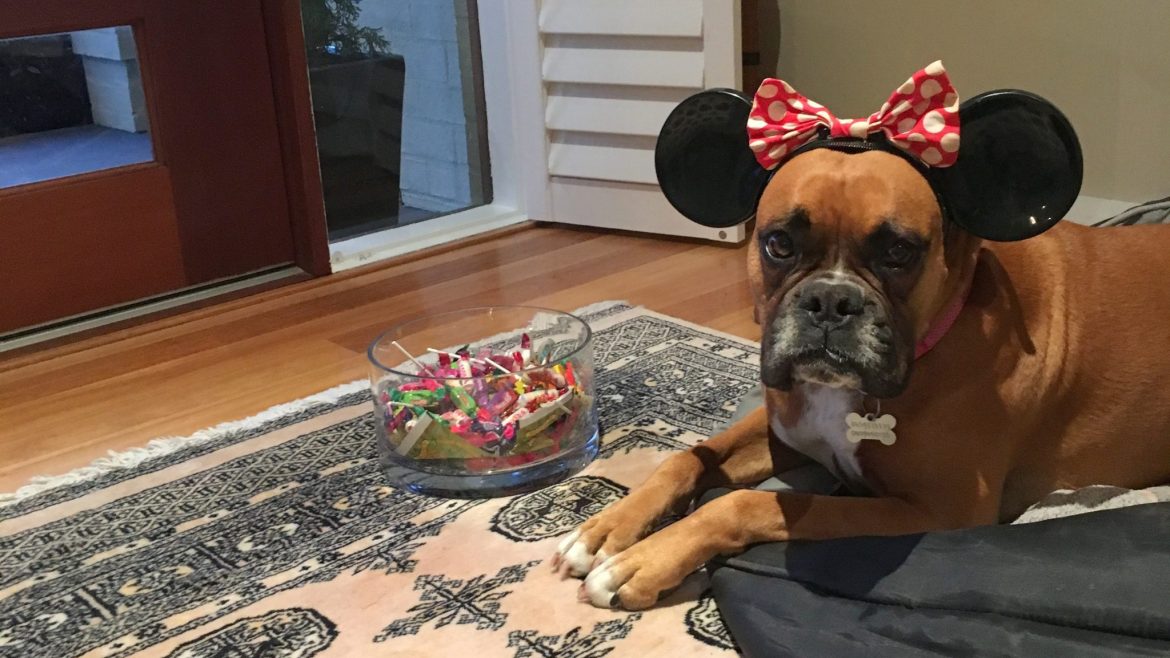
So true! The not wanting to disrupt a trance of self entertainment is definitely a thing here. So true too about birthdays.
Other parallels include getting used to untidiness, messy meals, a single room of the house (e.g. master bedroom) becoming a barracaded off shrine to all fragile things that you own and only established and robust plants surviving in the garden!